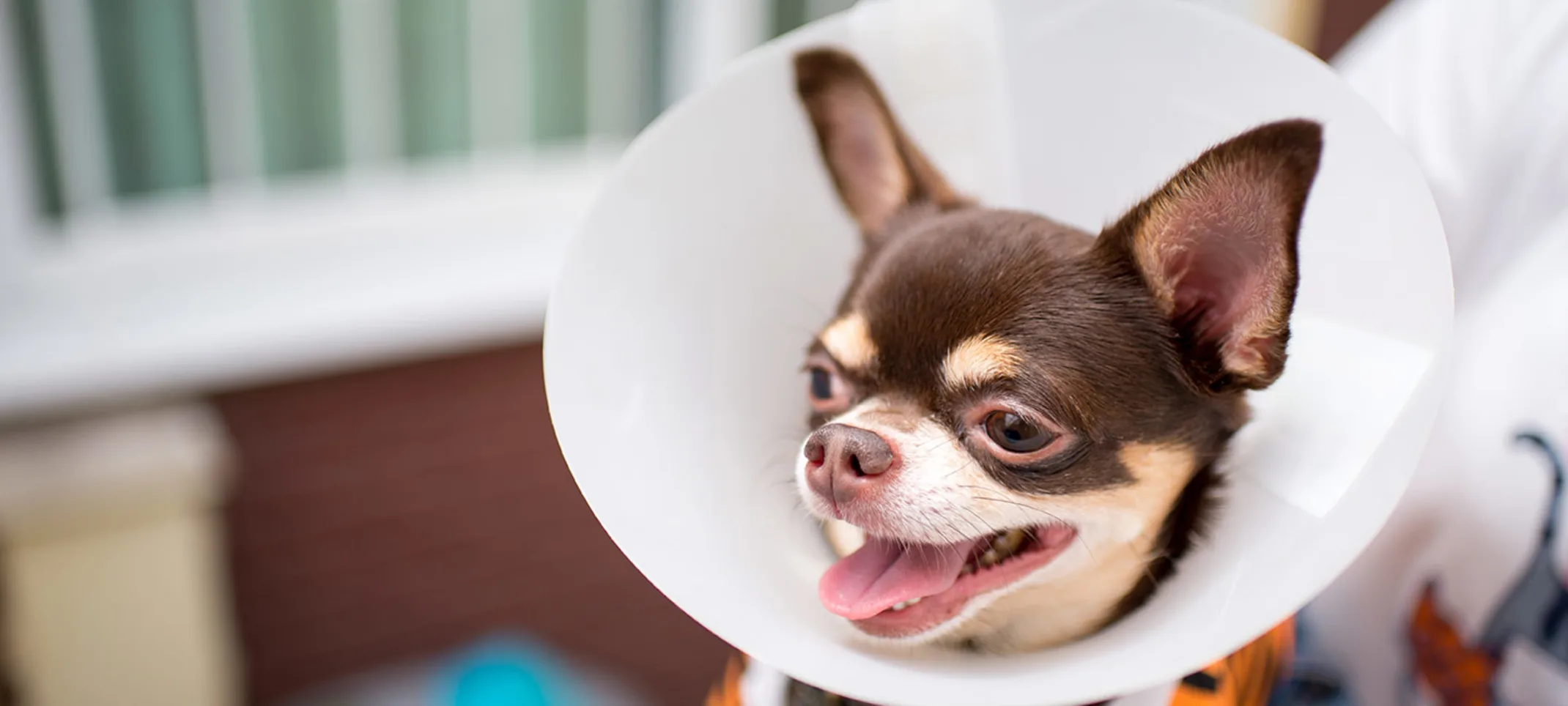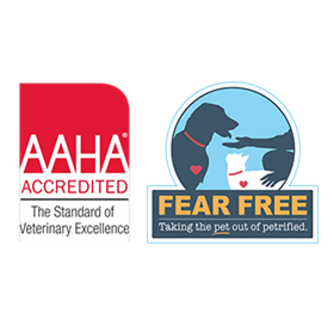Animal Healthcare Clinic of Southlake
Soft Tissue Surgery
We perform soft tissue surgery for a number of medical reasons. This common surgery can be used for most anything non-joint or bone related.

Overview
Soft tissue surgery is any surgery non-joint or bone related, and can include ear, nose and throat, cardio-thoracic, hepatic, gastrointestinal, urogenital, skin reconstructive and oncological surgeries. If soft tissue surgery is recommended for your pet, we will do everything possible to keep them safe and comfortable before, during, and after the surgery.
Why would my pet need soft tissue surgery?
Veterinary soft tissue surgery is recommended for a variety of reasons. The most common soft tissue surgeries for animals are hernia repairs and mass removals. More advanced soft tissue surgeries include cystotomy, abdominal exploratory surgery, and splenectomy.
When would soft tissue surgery be needed?
Soft tissue surgeries are used for a wide array of medical conditions. These include "routine" procedures such as mass removals, trauma, and emergency surgery, wound management, and reconstructive procedures.
How do you care for my pet during surgery?
Our veterinarians adhere to the highest level of care standards for all surgical procedures. Our highly skilled doctors place the utmost emphasis on pain management to ensure your pet is safe and comfortable throughout the treatment process. We believe that keeping our patients safe and comfortable before, during and after surgery is of the greatest importance and an essential component of your pet's care.
Pre-Surgical Exam
Prior to your pet’s surgery, our veterinary team will conduct a comprehensive physical exam and order laboratory tests to ensure they are healthy enough to be placed under anesthesia. This is also an opportunity for our Southlake veterinarian to confirm that surgical intervention is the correct path for your pet’s healthcare.
Post-Surgical Aftercare
In order to make sure your pet heals quickly and safely, we’ll send them home with a comprehensive set of instructions to make sure you are able to care for your pet correctly as they recover.
Post-surgical aftercare usually includes:
Moderating your pet’s activity – Depending on your pet’s particular procedure, there may be prohibitions on the types of activities your pet can engage in. It’s important to limit your pet’s activity so that they don’t injure themselves while they’re healing.
Adjusting your pet’s feeding schedule – Your pet may not be allowed to resume eating normally immediately following their surgery. We’ll let you know when it’s safe for your pet to resume eating and drinking regularly again.
Inspecting the surgical site – You’ll have to keep an eye on your pet’s surgical site to ensure that it’s healing properly and without infection. We’ll give you tips on how to keep your pet from licking or scratching their wound as it heals.
Administering medication – We may send your pet home with prescription medications for pain management or antibiotics. Before you leave Animal Healthcare Clinic of Southlake, we’ll give you detailed instructions on how to properly administer these medications.
We will also schedule a follow up appointment with you and your pet to check on their progress, particularly if your pet had a complicated or non-routine surgery. We want to be sure that your pet is back on their paws as quickly as possible!

